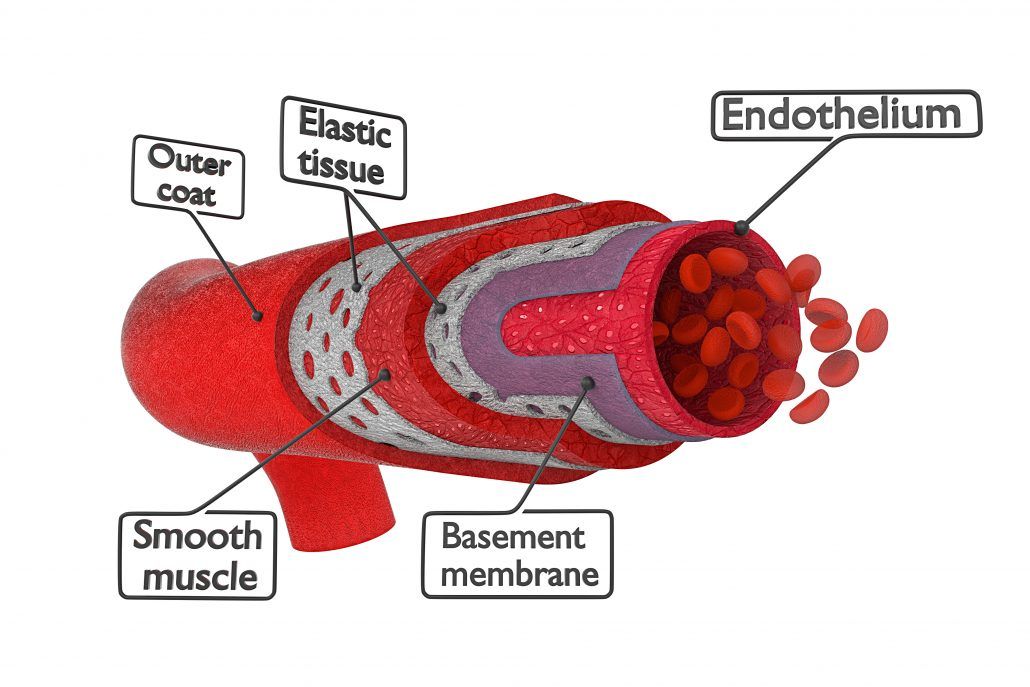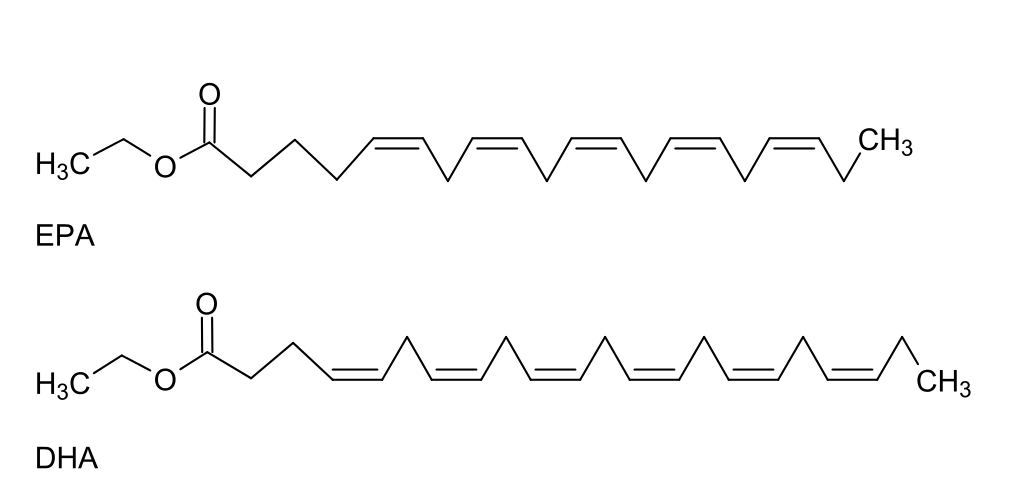Omega-3 Fatty Acids May Play Role in Maintaining Cardiovascular Health

Long chain omega-3 fatty acids, primarily from fish oils, are known to reduce various risk factors associated with cardiovascular disease (CVD). Arterial stiffness is a specific risk factor for CVD, but a specific link between omega-3 intake and improvements on arterial stiffness had not been made until now.
Using a meta-analysis, researchers recently conducted a study to quantify the effects of omega-3 on arterial stiffness and its association with CVD. Multiple databases and clinical trial registries were used to obtain data from randomized and controlled adult human clinical trials on the link between arterial stiffness and omega-3 intake. A total of 10 trials met the final inclusion criteria. The studies included results from using both pulse wave velocity (PWV) and arterial compliance to measure arterial stiffness.
The meta-analysis confirmed that supplementation of omega-3 fatty acids was effective in significantly improving arterial stiffness as measured by both PVW and arterial compliance. The results were not influenced when accounting for changes in blood pressure, heart rate or BMI.
The results of the current study show that supplementation with omega-3 fatty acids (typically from fish oil) may help decrease the risk of cardiovascular disease in part by reducing arterial stiffness, a known risk factor for CVD.





